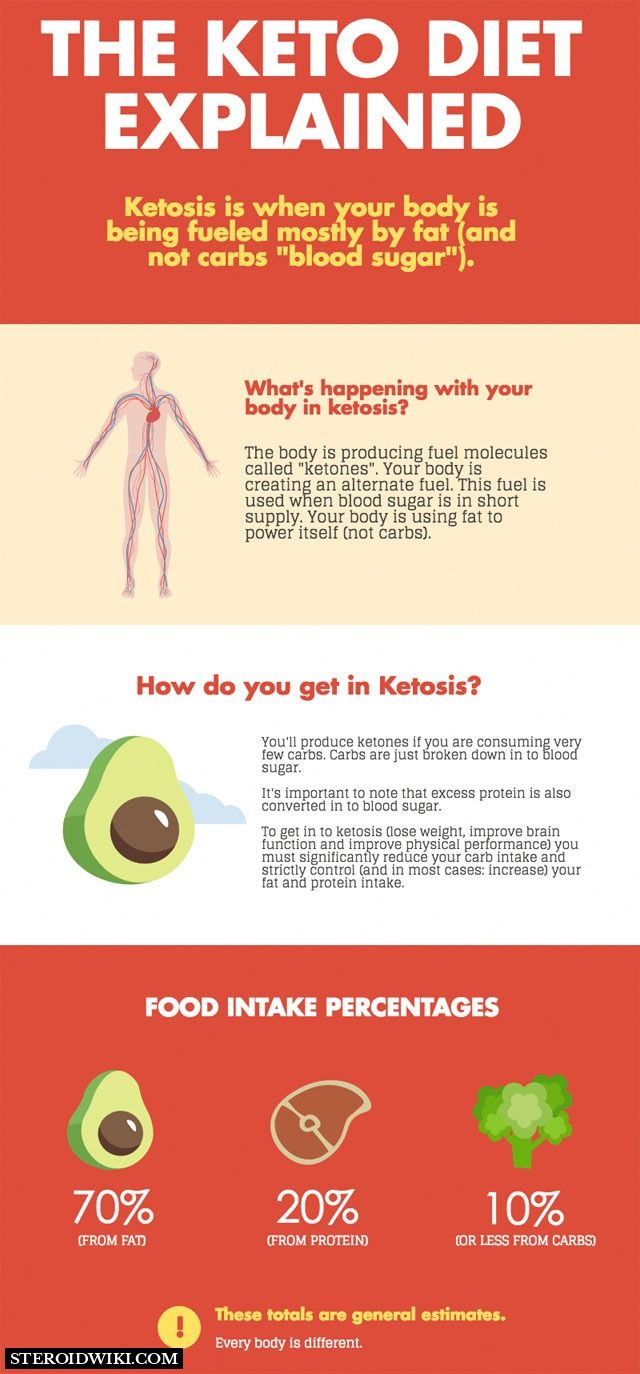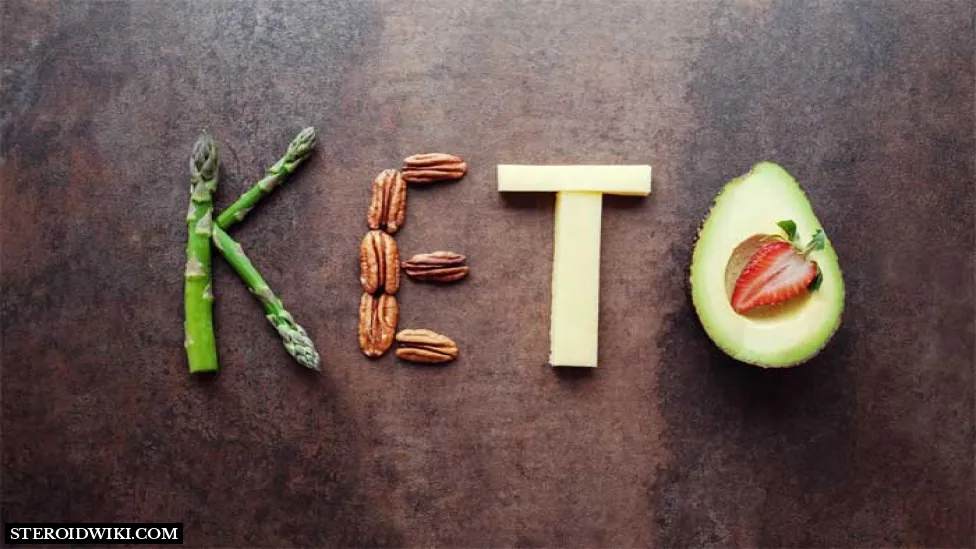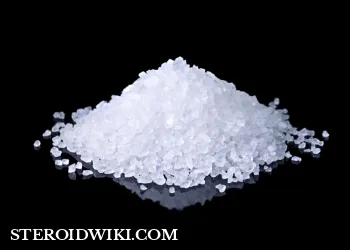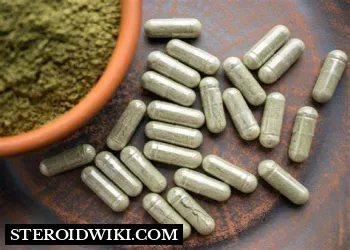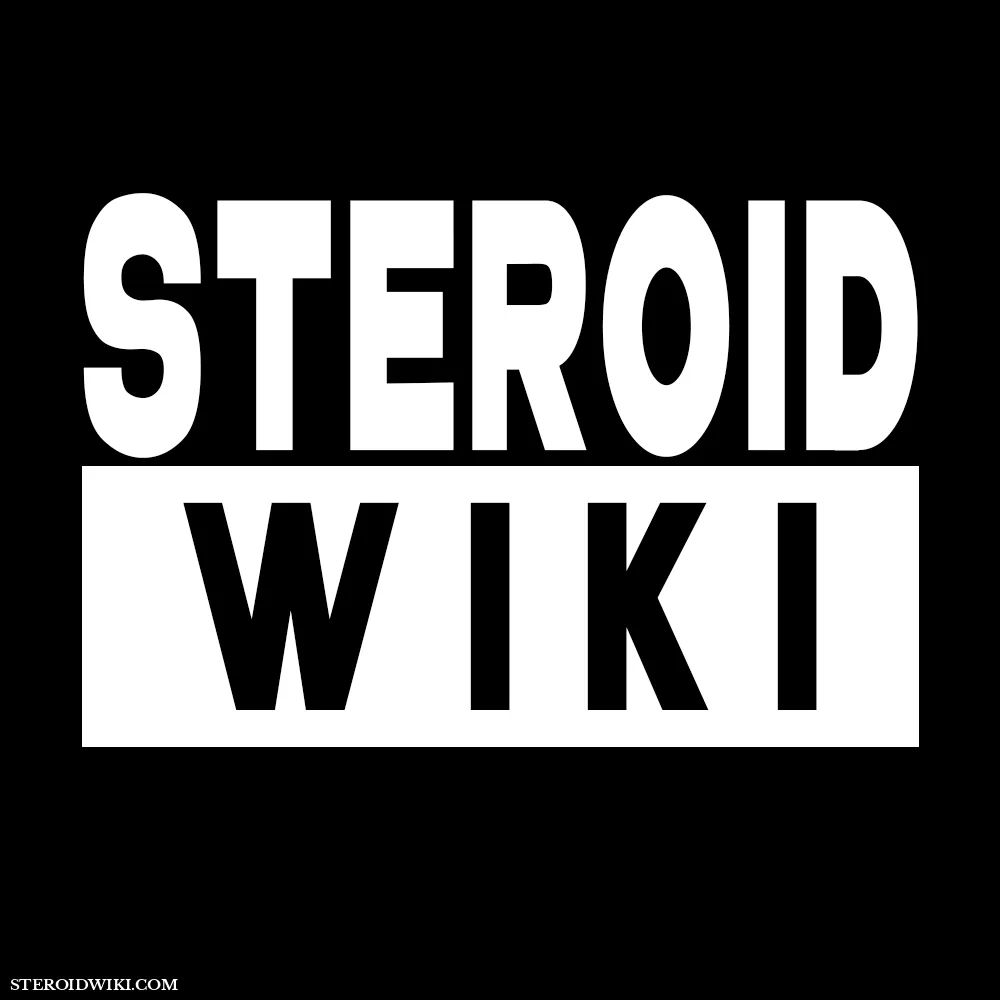What is Ketogenic Diet?
Numerous scientific studies show that ketogenic diets can help you lose weight, and be beneficial against diabetes, certain cancers, epilepsy, Alzheimer's disease, candidiasis etc
Here in this complete and detailed guide, all the information on the ketogenic diet is provided.
What is the ketogenic diet?
If you're a self-conscious person who is careful not to accumulate too much fat, you've probably heard of the ketogenic diet. This diet is not new but it is getting increasingly popular all over the world, especially thanks to its effectiveness in losing weight and warding off certain diseases.
The ketogenic diet is a low-carb, high-fat diet that shares many similarities with the Atkins diet and other low-carb diets.
Normally our body converts carbohydrates into glucose, but with a diet low in carbohydrates (sugars) the body goes into a metabolic state called ketosis. When this happens, the body increases its ability to burn fat to convert it into energy. For this, it converts triglycerides into glycerol and fatty acids, which the liver converts into ketone bodies (a process called ketogenesis).
The massive reduction in blood sugar, and resting the pancreas, in addition to the increase in ketones, offer many health benefits .
When does ketosis occur?
The body goes into ketosis when the carbohydrate intake is so low that it cannot use it for fuel. Typically this happens when fat accounts for 60-70% of overall calories, protein 20-30%, and less than 50 grams per day of carbohydrates.
It usually takes less than a day for the body to start producing ketones for energy. One sure sign that this is happening is when your breath begins to smell of acetone. By the way, acetone stinks and gives you bad breath.
The 3 different types of ketogenic diets
- The classic ketogenic diet: with very low carbohydrate intake, lots of protein and fat.
- The Cyclical Ketogenic Diet: This variant involves periods of carbohydrate recharge, for example with 5 ketogenic days followed by 2 days of carbohydrate recharge.
- Targeted Ketogenic: Adds carbohydrates around workouts.
What foods are allowed?
Here is a non-exhaustive list of foods that can be eaten as part of the ketogenic diet:
- Meat: red meat, ham, sausages, bacon, chicken and turkey.
- Oily fish: salmon, trout, tuna, mackerel and seafood.
- Eggs: if possible raised in the open air, as they contain more omega-3s .
- Butter and cream: Also look for grass-fed cow products when possible (better nutritional qualities).
- Cheeses in moderation: blue cheese, Cheddar, whole white cheese, feta, mozzarella, whole milk ricotta, Gruyère.
- Nuts and seeds in moderation: almonds and walnuts , flax seeds, pumpkin seeds, chia seeds.
- Vegetable oils in moderation: mainly extra virgin olive oil, coconut oil, linseed oil, fish oil .
- Low-carb vegetables: most green vegetables, tomatoes, onions, peppers, etc.
- Low-sugar fruits: blueberries, lemon, raspberries, strawberries.
- Condiments: You can use salt, pepper, and various healthy herbs and spices.
- Others: dark chocolate and cocoa powder, unsweetened coffee and tea
Warning
Do not eat too much cheese which contains a lot of protein. Too much protein can trigger gluconeogenesis (the production of glucose from certain amino acids).
Seeds and nuts are rich in omega-6 fatty acids (except macadamia) which our body has in excess of. This can cause inflammation, which itself can hinder keto-adaptation.
Same remarks for vegetable oils (rapeseed, sunflower, etc.) too rich in omega-6.
What foods should I avoid?
In short, any food rich in carbohydrates should be removed:
- Sweet foods : soda, fruit juice, smoothies, cake, ice cream, candy, etc.
- Cereals or starches : products made from flour, wheat, rice, pasta, etc.
- Fruits : all fruits except small portions of fruits such as berries.
- Legumes : peas, beans, lentils, chickpeas.
- Root and tuber vegetables : potatoes, sweet potatoes, carrots, parsnips.
- Alcohol : Due to its carbohydrate content, a lot of alcoholic beverages can get you out of ketosis.
- Certain sugar-free diet foods : often rich in alcoholic sugar (polyol, polyalcohol or glycol), for example xylitol, erythritol, sorbitol, maltitol which can have an impact on blood sugar and therefore ketosis.
